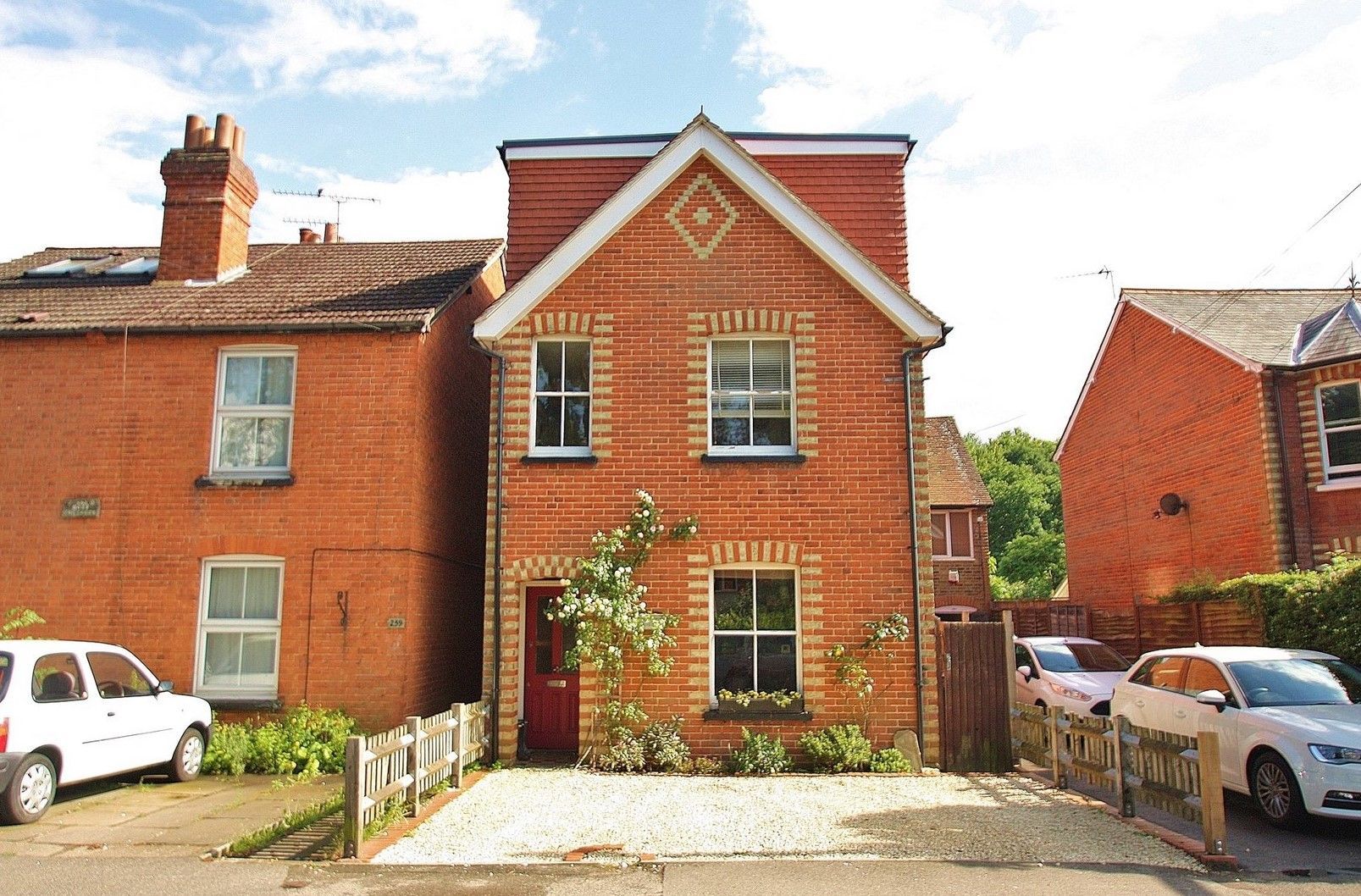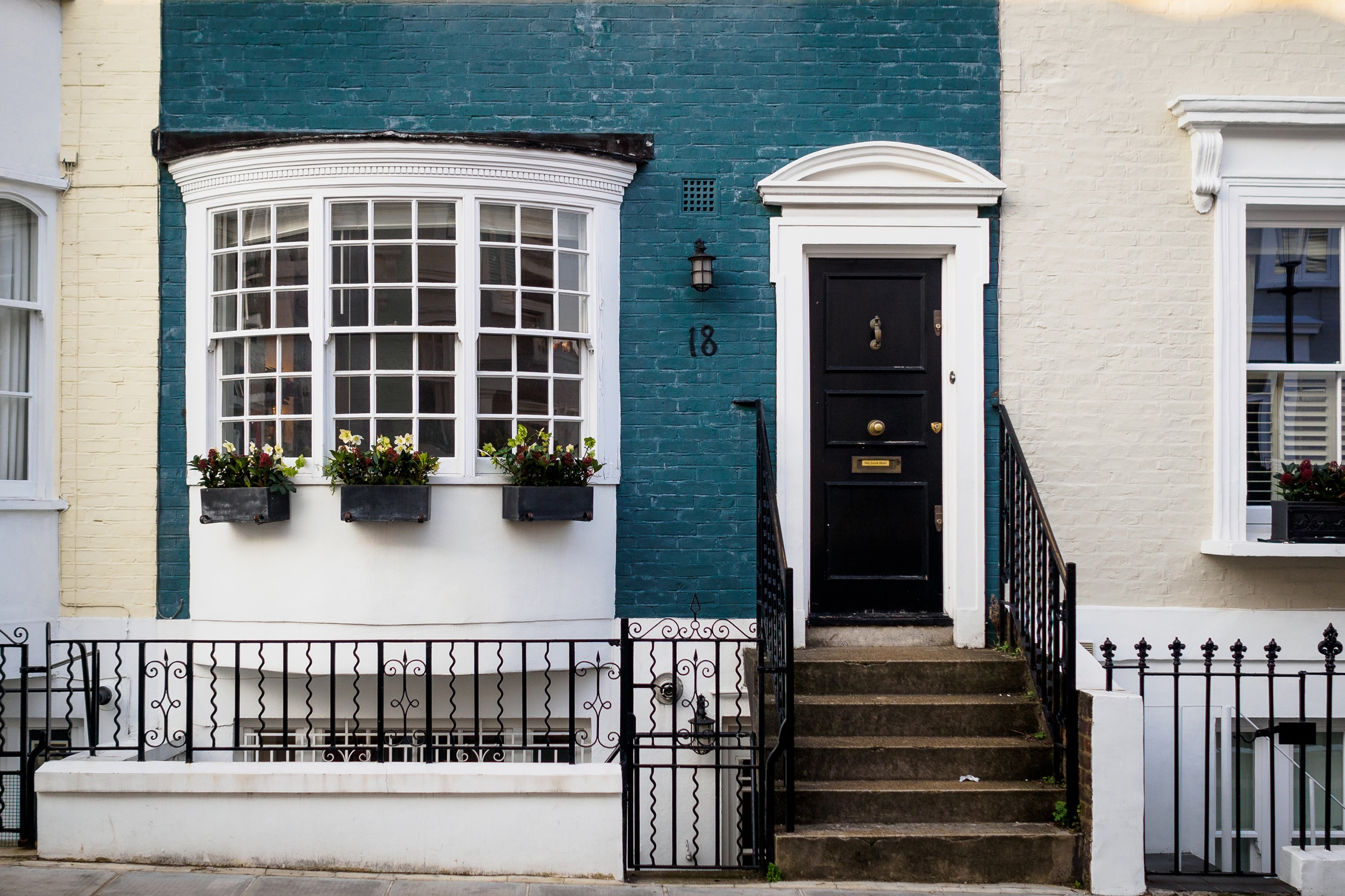Why is my home not selling?
Waiting for an offer to come through on your home can be a tense time. Offers do not always follow viewings, and it can be frustrating to feel like you can’t do anything to help. However, this isn’t the case. There are plenty of things you can do if your house isn’t getting as many offers as you’d hoped. If your property sale seems like it’s stuck, Guild agents have some advice for you.
1. Changing the price
Changing the price was the number one recommendation from Guild estate agents.
“We always encourage a vendor to put their property on the market at a price we know it will sell at, taking location, demand, and physical attributes into consideration,” says Simon Miller of Holroyd Miller.
If you are thinking of not following your agent’s advice with pricing, this is something to consider.
“The housing market is price sensitive and studies have shown that most buyers will choose not to view a property if they think it is overpriced. It is difficult to be completely accurate, but the price should be based on evidence from the sale of similar properties,” said Steve Thompson of Thomas Morris.
Peter McHugh from Webbers says: “The price should be backed up and confirmed by established market evidence. An agent’s job is to secure the best price in a time frame that suits the client. The price should maximise the potential; too low and a quick sale could damage the agent’s reputation, too high and marketing may be in vain. It should be as high as possible whilst still attracting viewers.”
If there is something that may put off some buyers, such as traffic noise or poor parking availability, make sure the house is priced to reflect that.
“Excuses can be that the property is not big enough, has too much traffic noise, that there’s not enough bathrooms, or even the wrong parking, but these are all other ways to say that a property is too much money. If priced correctly to allow for any downside, it will sell,” said Nicola Cox from Wye Country.
So, when should you think about a price change?
“Under prevailing market conditions, if a property has been on the market for 12 – 15 weeks and/or has had 12 – 15 viewings and has not sold, then something is the matter,” advises Mike Coles from Debbie Fortune.

2. Condition and presentation
Well-presented homes in a good quality condition tend to sell the fastest. The viewer can imagine themselves moving in right away, making it more attractive. Our agents have some tips.
Simon Miller from Holroyd Miller says: “After price, the next most common reason that a house isn’t selling quickly is that it looks like too much work for a potential purchaser. A lot of people do not have the extra cash required to completely facelift a property.
“If the price reflects the condition of the property then this shouldn’t be an issue, but if the condition is poor and the property is marketed at a premium price, the opportunities for a sale are limited. People either want to be able to visualise moving straight in, or are looking to take on a project – but at the right price.”
First impressions are vital, according to Gina Burbidge from Royston & Lund. “The garden will be the first thing your buyer sees so make sure it looks presentable and ensure you have cleaned your front door and external window sills.”
Zoe Hayle from Marshalls Hayle says: “A good idea is to stand outside your home as though you are viewing it for the first time, this will help you notice if anything is off-putting as a first impression. Good housekeeping is essential now, so keep everything clean and clutter-free. If your home feels welcoming, you will be half way to achieving a sale.”
Make sure you pay attention to the whole property, advises Abby Wheeler from Keats Estate Agents. “Most people focus on the interior of their property, however, first impressions count and the first thing that people see is the exterior. Ensure your bins are not overflowing and your pathway is weed free, pop a lick of paint on the front door and add a pot plant (or two). Do whatever you can to make your home feel inviting from the outset. Don’t forget that viewers have probably already driven past before making the appointment.”
There is more to think about during the viewings, too.
“Sellers need to maintain the property whilst it is on the market. Cut the grass, clean the windows, and pull out the weeds. They also need to allow the agent to work freely in the property whilst showing potential clients around, and be able to answer any questions,” recommends Ken Morton from Apple Homes.
3. Have the right estate agent for you
Has your agent been putting in a lot of work? If yours clearly isn’t, it may be time to consider going to a different company.
“Good agents work hard to proactively sell a home,” says Steve Thompson from Thomas Morris. “They spend time phoning out to talk about a property rather than waiting for buyers to phone in, they take time and care over the presentation of the property with quality photographs and informative details and they update the presentation in response to feedback from the market.
“A good agent will value properties correctly, attain detailed knowledge of the property, and know the area and the buyers. They are able to use this knowledge to put the property together with the right buyer. A poor agent could be the reason a home is not selling.”
Peter McHugh agrees that it is best to have an agent who knows the area inside and out. “Choose a good agent with a recognised reputation. Make sure the promotional material, including photographs, brochures, advertising and web coverage are all excellent to make a good first impression. Pick an agent who really knows the marketplace.”
Mike Coles from Debbie Fortune advises buyers to check that they are getting the service they should. “Ask yourself: what is your agent doing for you? What does your marketing literature look like? Does the photography or video show it at its best? Are they advertising the property? Are they keeping in touch? Adequate feedback is vital as it may highlight actions which need to be carried out.”
Kevin Parson from Marsh & Parsons advises sellers to check that their agent is giving clear information across all platforms to avoid confusing any interested parties. “Make sure every advertising medium you use is consistent in its message. The brochure should have the same photographs as the online advert. The wording should be the same on both. Don’t confuse your potential buyers by adding and omitting important information.”

4. Market conditions
Before making big decisions, consider the state of the market.
“The housing market is a changing and evolving thing,” points out Steve Thompson from Thomas Morris. “Prices can go down as well as up for any number of reasons including economics, time of year and market sentiment amongst others. A property may not be selling due to changes in the market and the price and marketing made need adjusting to react to market changes.”
5. Listen to feedback
Agents should be able to get an impression from a potential buyer who decides against making an offer. Ask to hear all feedback and act upon it to achieve the sale.
Steve Barron, Drivers & Norris, advises: “Use applicants’ feedback to work out if there’s a common theme as to why people are not interested in the property and then remedy this, if possible.”
If you’re unsure, ask your agent to ask more questions of the viewers next time. “Sellers often get little price opinionated feedback, so asking a potential purchaser what they would be willing to pay is a very important question,” says Daniel McGowran from Gibbs Gillespie.
Are you having a hard time selling your property? We can help. Find a Guild agent near you today.





